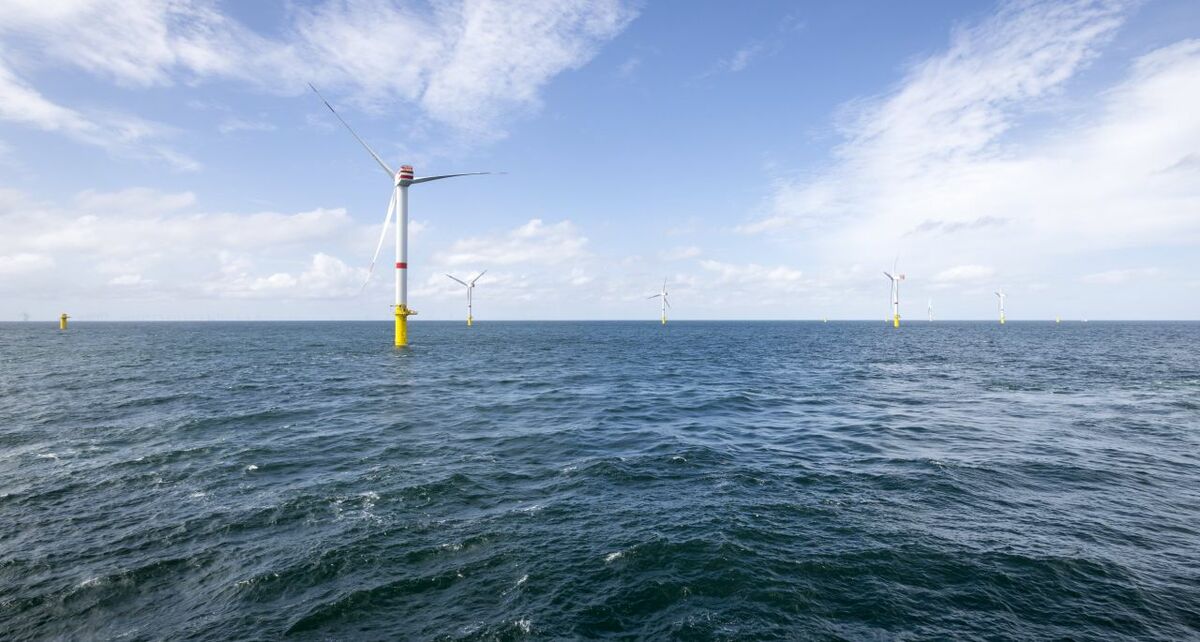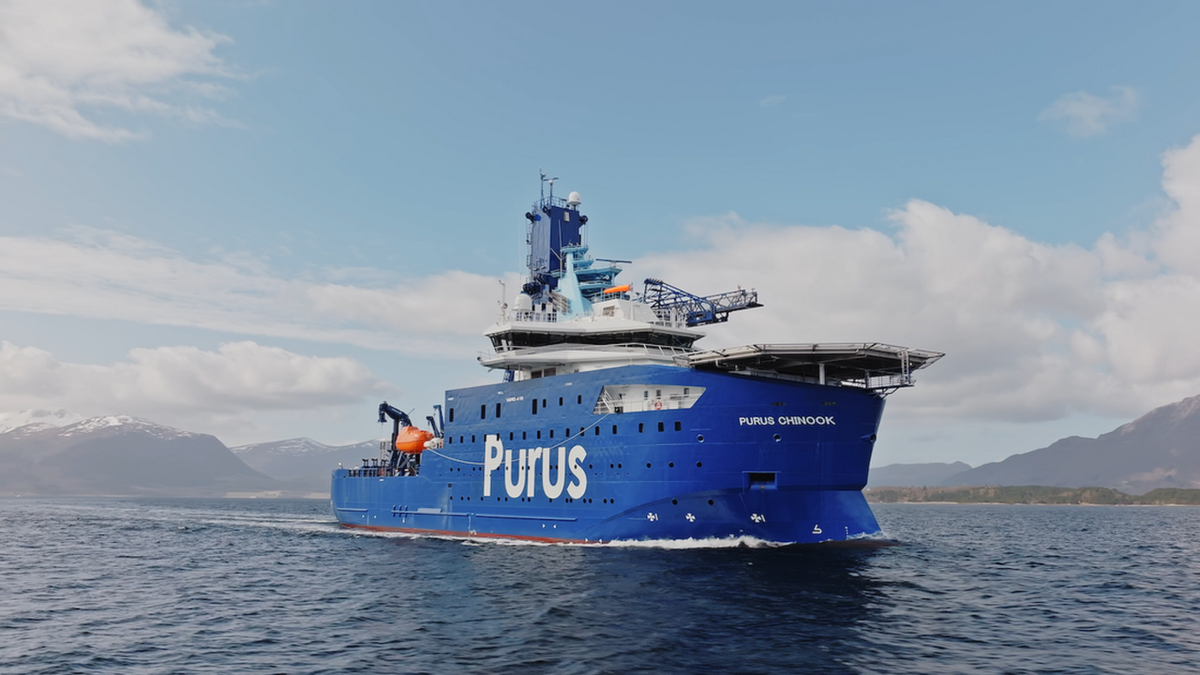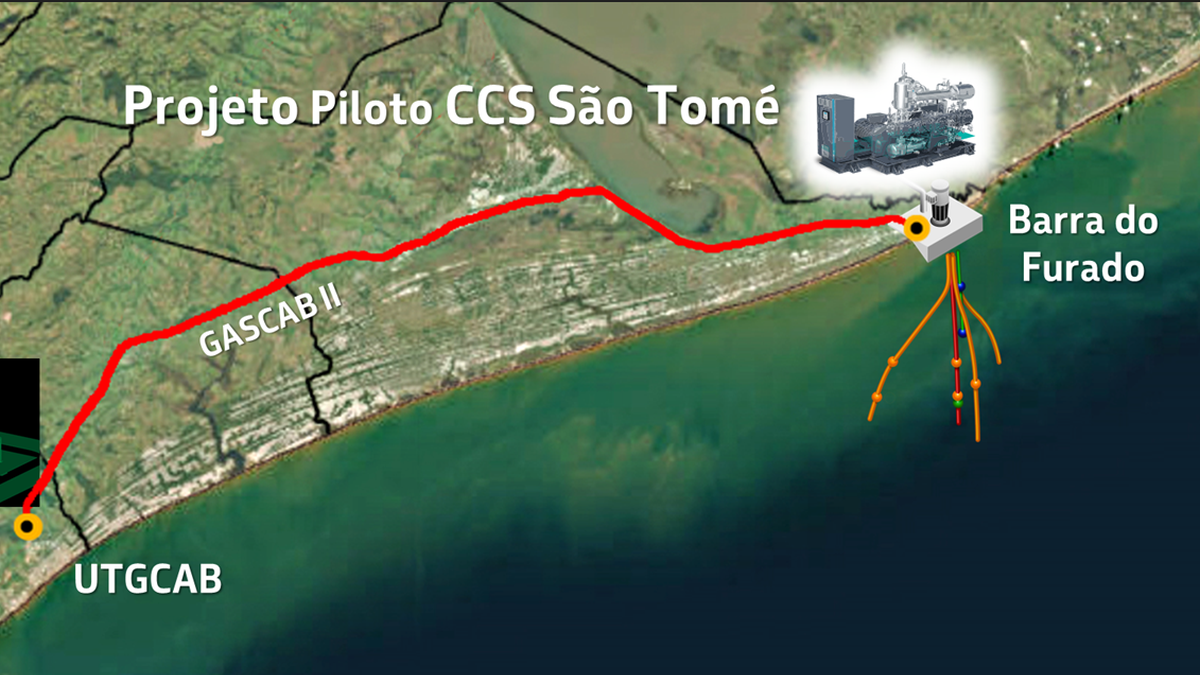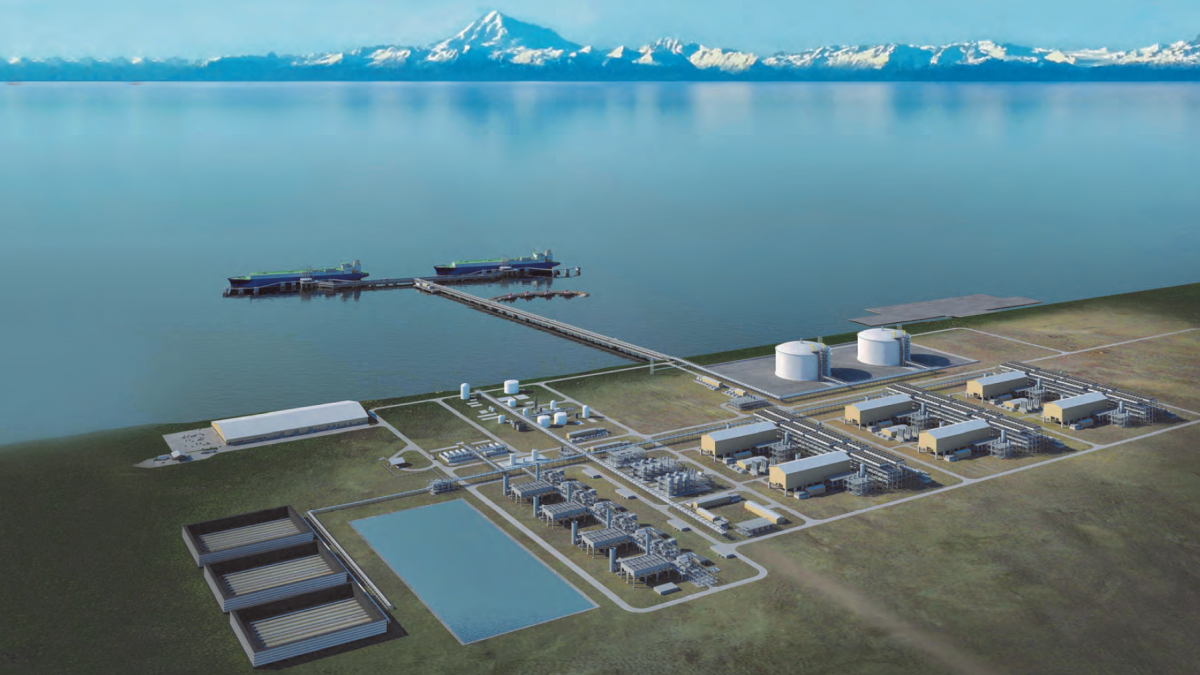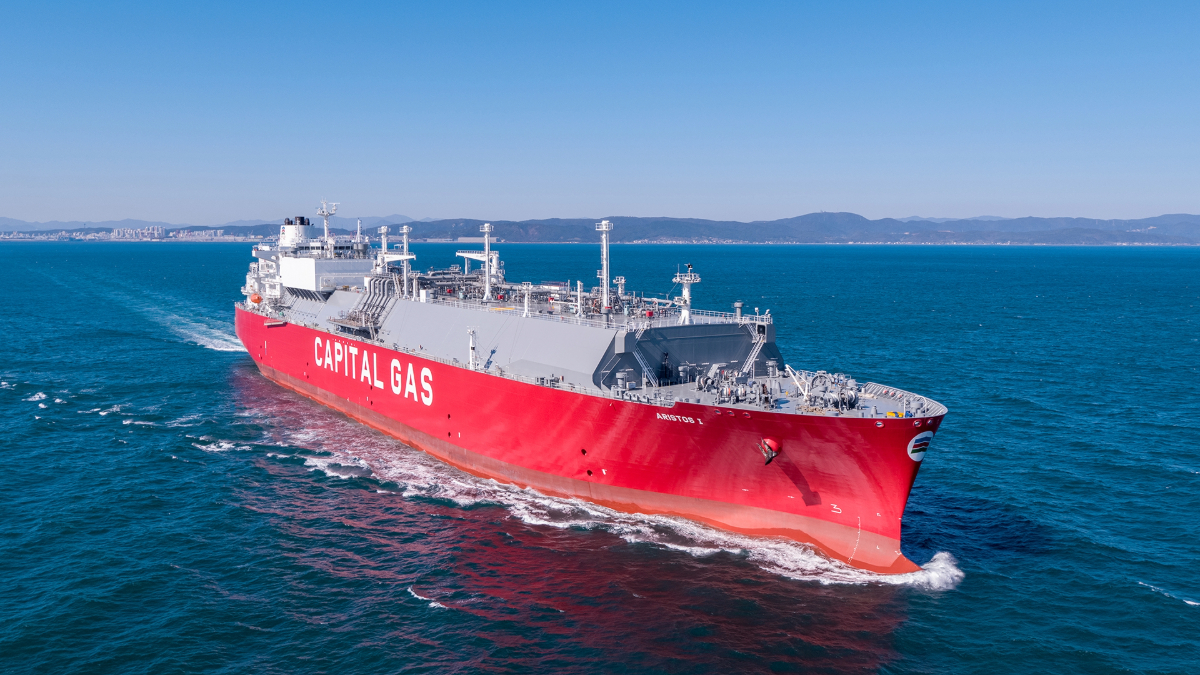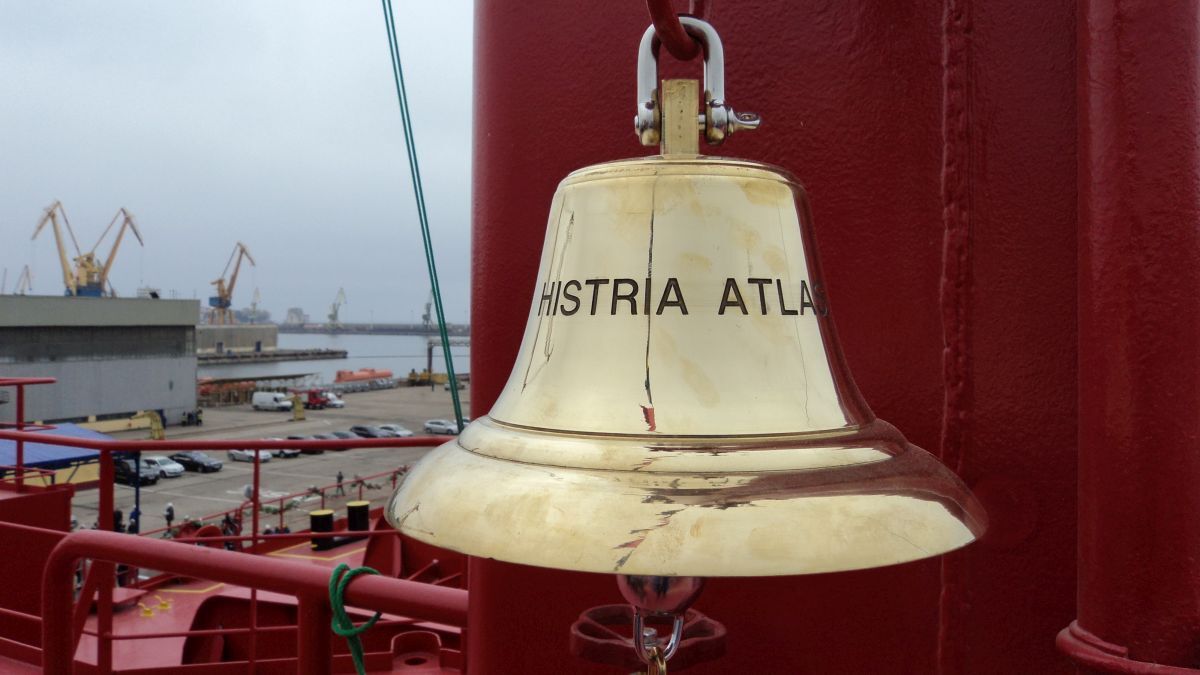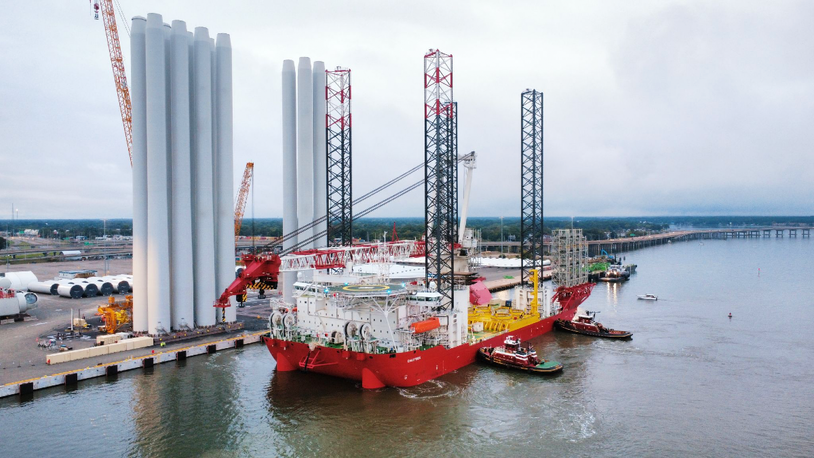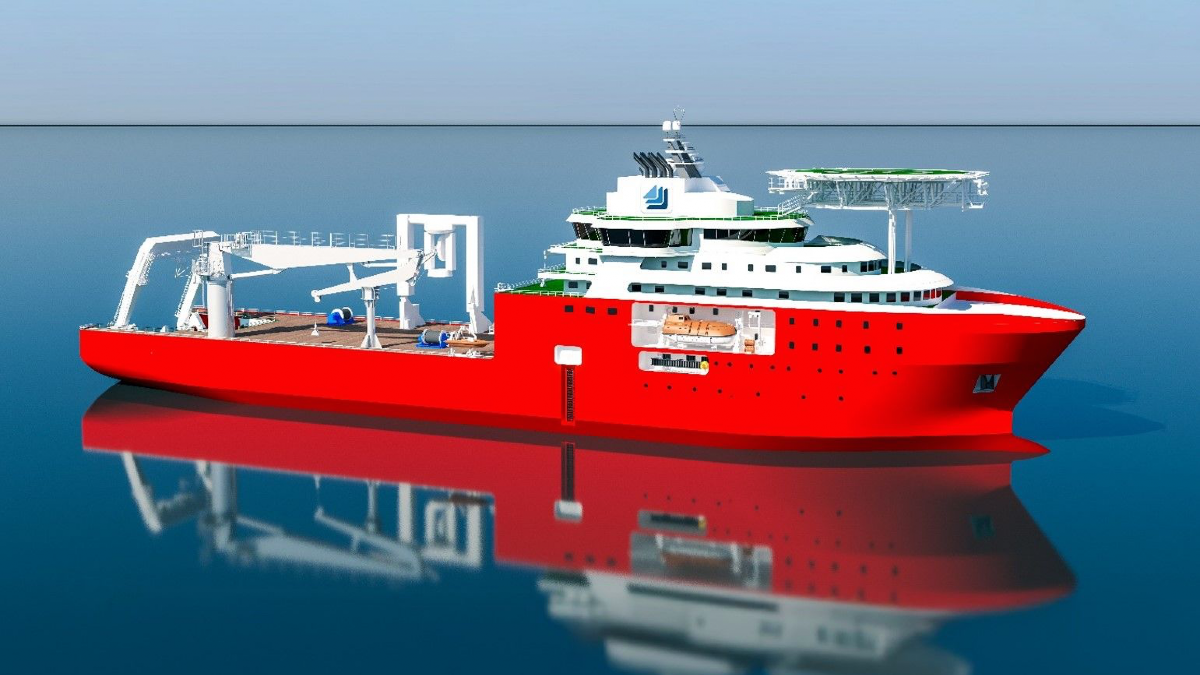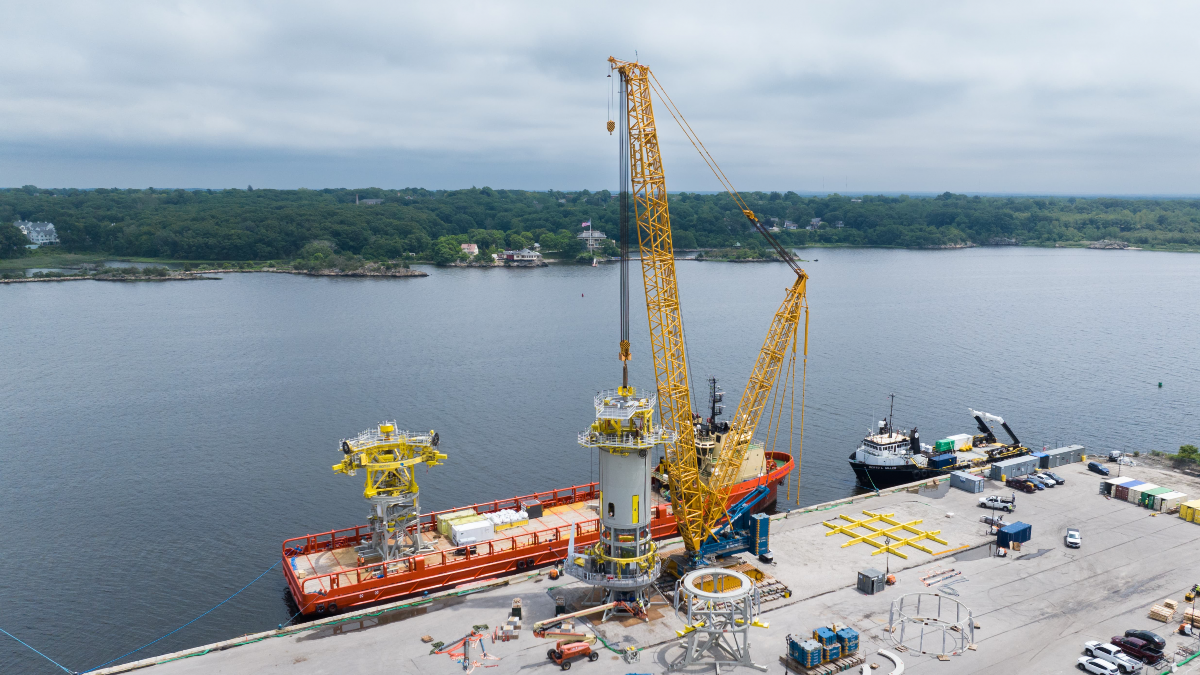Business Sectors
Contents
Register to read more articles.
A ringing endorsement: German offshore wind market ‘back with a bang’
The German government’s auction of 7 GW of offshore wind capacity has achieved previously unheard of levels of support from developers, and prices that exceed previous benchmarks set in the UK and the US
The results of the auction are a “ringing endorsement” of the German market, said one analyst, the attractiveness of the offshore wind sector as a whole and the potential that big players see in it, but concern has been expressed that the huge sums developers have paid will be passed on to the supply chain, which is already struggling.
“These numbers make German consumers the big winner,” said NERA Economic Consulting senior economist energy and transport Dominik Huebler. “90% of the €12.6Bn (US$14.0Bn) raised in the auction will go to reducing electricity bills over the next 20 to 30 years. The winning bidders have undertaken to build 7 GW of clean energy without price support and have committed to pay billions to do so.”
The results of the auction announced today (12 July 2023) by the Federal Network Agency, “confirm the attractiveness of investment in offshore wind in Germany,” said president of the Agency Klaus Müller. “Competition for offshore wind is more intense than ever, and the results are an important step towards achieving Germany’s offshore expansion target of 30 GW by 2030.”
For the first time in Germany, the auction for offshore wind in four areas in the North Sea and Baltic used a dynamic bidding process and encouraged negative bidding. Although heavily criticised by developers before the auction, that process was a significant success in some senses.
Three areas for offshore windfarms in the North Sea, each with a capacity of 2.0 GW, were tendered in the auction, along with one, 1-GW area in the Baltic. The areas in question are N-11.1, N-12.1, N-12.2, in the North Sea, 120 km northwest of Heligoland; and area O-2.2 in the Baltic, approximately 25 km off the island of Rügen. All of the windfarms are due to be operational by 2030.
The winners in the auction included BP, with two sites and two project companies whose ultimate owner has not yet been publicly announced, although TotalEnergies is believed to be behind them.
BP OFW Management 1 GmbH was awarded the contract for area N-11.1. North Sea OFW N12-1 GmbH & Co KG was awarded a contract for area N-12.1. BP OFW Management 3 GmbH won the contract for area N-12.2. The O-2.2 area in the Baltic was secured by Baltic Sea OFW O2-2 GmbH & Co KG. The Agency said €3.66Bn was bid for N-11.1; €3.75Bn for N-12.1l €3.12Bn for area N-12.2; and €2.07Bn for area O-2.2, which said the dynamic bidding process was used for the first time because eight bids were submitted for the North Sea areas and nine bids for the site in the Baltic, all with a bid value of zero cents per kilowatt hour. The aim of the dynamic bidding process is the competitive differentiation of the bids when there are several zero-cent bids for an area. The bidder prepared to pay the most in the dynamic bidding process is awarded a contract.
“German offshore wind is well and truly back in business, and is back with a bang,” said Mr Huebler, “and for those who were not successful in this auction there are several other auctions planned in Germany.”
BWO managing director Stefan Thimm said the bids demonstrate “strong commitment” to the further expansion of offshore wind in Germany. He said the results of the auction underline the “great willingness” of investors to support the expansion of what he described as “this established technology.”
He said the investment being made in the windfarms “are of enormous importance for the expansion of renewable energy and for achieving the climate policy goals.
“Now it is important to create the industrial policy foundations required, so the winners of the auctions can successfully implement their projects. The high negative bid component puts additional pressure on the value chain. We need suitable framework conditions to eliminate bottlenecks in the value chain, and in capacity for the construction of wind turbines, foundations and the installation vessels required,” Mr Thimm said.
WAB managing director Heike Winkler agreed although the proceeds of the auction will help reduce electricity costs and be used for marine nature conservation and in related areas, investment in port infrastructure and in production capacity will be essential. “Skilled workers are urgently needed to enable the implementation of these projects,” she said.
Responding to the announcement, WindEurope said, “Negative bidding means costs will have to be passed on to the supply chain, which is already struggling. This needs to change for future auctions. Negative bidding creates additional costs for offshore wind developers. These costs must be passed on.
“The EU needs as much new wind energy capacity as it can get, as fast as it can get it. All the money paid in negative bidding is money companies cannot invest in other wind energy projects. European governments should not follow the German example of negative bidding.
“For timely delivery of these projects, Germany needs to expand its offshore wind supply chain, for example the industrial capacity for the construction of wind turbines, foundations and the installation vessels. But investments are also needed in grids, ports and skilled workers. Negative bidding is unhelpful here. Companies along the wind energy supply chain will have to work with even tighter margins, as developers pass on the extra costs of negative bidding to them.”
BP executive vice president gas and low carbon energy Anja-Isabel Dotzenrath said the results of the auction were “fantastic news.” She confirmed BP had been awarded the rights to develop two projects in the North Sea with a total potential generating capacity of 4 GW.
“This is a significant win for BP and a huge milestone for BP’s decarbonisation plans in Germany,” she said. “The renewable power we aim to produce will be in service of BP’s green hydrogen and biofuels production, electric mobility growth and refinery decarbonisation in Germany.
“Germany is a core market for BP and we are excited to continue and grow our business here. The projects will provide integration benefits with our wider industrial footprint in Germany in line with our disciplined capital allocation approach.”
Sign up for Riviera’s series of technical and operational webinars and conferences in 2023:
- Register to attend by visiting our events page.
- Watch recordings from all of our webinars in the webinar library.
Related to this Story
Events
Offshore Wind Webinar Week
Maritime Decarbonisation, Europe: Conference, Awards & Exhibition 2025
Offshore Support Journal Conference, Americas 2025
© 2024 Riviera Maritime Media Ltd.


